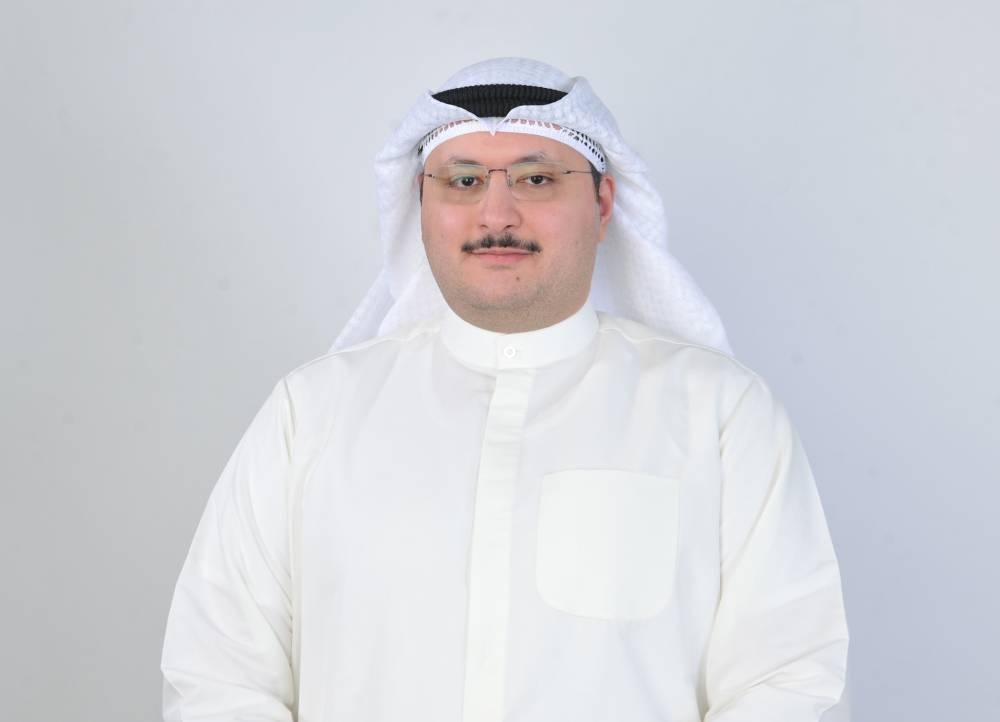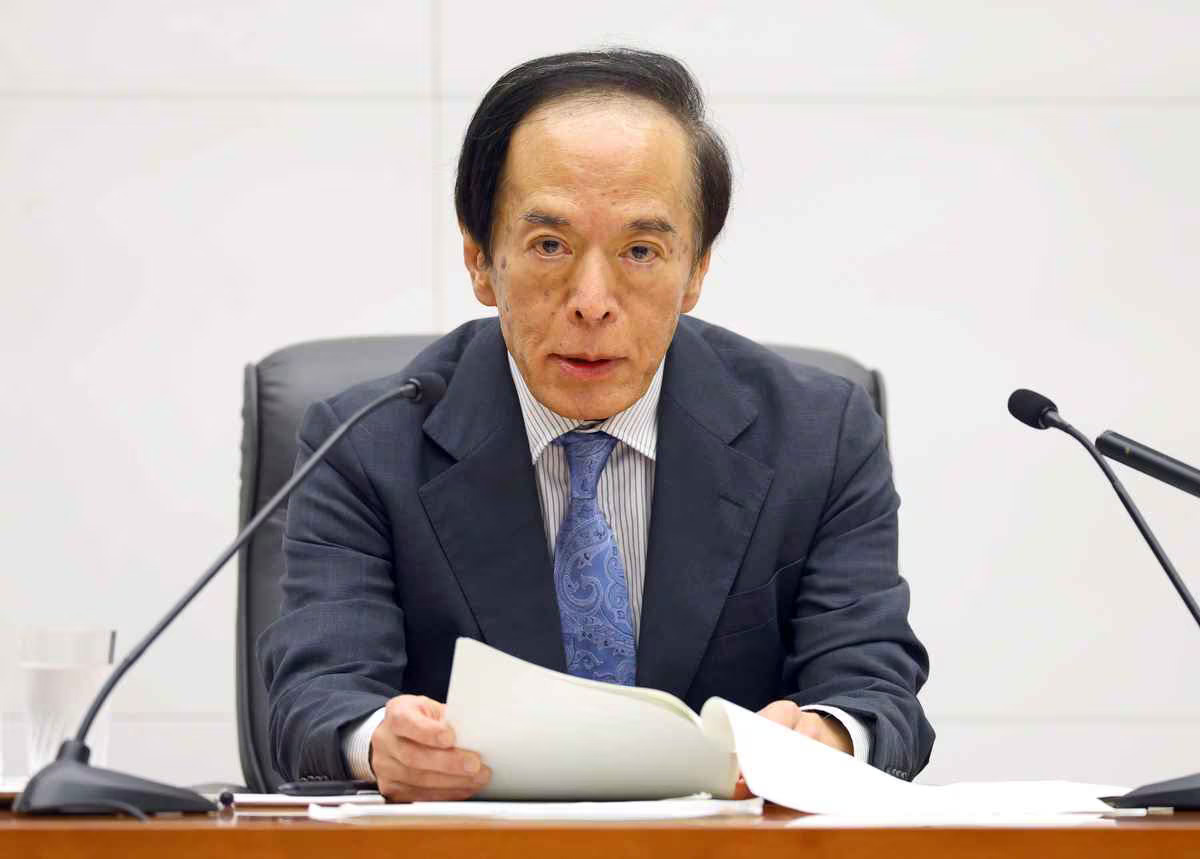Al-Ghais hails OPEC’s ‘unique’ role
GENEVA: Haitham Al-Ghais, OPEC Secretary General, said on Thursday that the organization played a unique role and achieved several milestones since inception over six decades ago.

In a press release commemorating its 63rd anniversary, Al-Ghais said, “OPEC is a unique organization that has stood the test of time. “For more than six decades, OPEC has endeavored to support oil market stability in the interest of all producers and consumers, as well as the global economy at large, despite the challenges that have faced our industry.
Haitham Al-Ghais
“The history of OPEC is replete with many achievements. We are grateful for the support of our Member Countries and the entire OPEC Family. I am confident that the Organization’s best days lie ahead,” the Secretary General added. Between September 10-14 1960, representatives from five oil-producing countries—Iran, Iraq, Kuwait, Saudi Arabia and Venezuela—gathered in the Al-Shaab Hall in Baghdad to found OPEC. This historic milestone marked the beginning of a new chapter in the oil industry.
The five founding members were soon joined by other oil-producing countries with mutual interests, such as supporting oil market stability and protecting the right of all countries to exercise permanent sovereignty over their natural resources in the interest of development. For 63 years, OPEC has called for cooperation, dialogue and mutual respect among all, as well as the need to address challenges in a collective manner and use oil to support national growth and advancement.
The most vivid demonstration of that is the ongoing ‘Declaration of Cooperation’ process, whereby OPEC is cooperating with 10 non-OPEC producing countries to achieve stability in the global oil market. The 63rd Anniversary of OPEC is being celebrated in Luanda, Angola, on the sidelines of the Angola Oil and Gas Conference and Exhibition. Meanwhile, OPEC said that fossil fuel was still in demand despite claims contrary to this fact. On the International Energy Agency’s (IEA) recent Op-Ed published on September 12, 2023, asserting that fossil fuel demand would peak before 2030, OPEC noted in a statement that consistent and data based forecasts do not support this assertion.
It is an extremely risky and impractical narrative to dismiss fossil fuels, or to suggest that they were at the beginning of their end, indicated OPEC.” In past decades, there were often calls of peak supply, and in more recent ones, peak demand, but evidently neither has materialized.”OPEC went on to say, “The difference today, and what makes such predictions so dangerous, is that they are often accompanied by calls to stop investing in new oil and gas projects.””Such narratives only set the global energy system up to fail spectacularly.
It would lead to energy chaos on a potentially unprecedented scale, with dire consequences for economies and billions of people across the world,” said Al-Ghais. This thinking on fossil fuels is ideologically driven, rather than fact-based. It also does not take into account the technological progress the industry continues to make on solutions to help reduce emissions. Neither does it acknowledge that fossil fuels continue to make up over 80 percent of the global energy mix, the same as 30 years ago, or that the energy security they provide is vital.
Technological innovation is a key focus for OPEC, which is why Member Countries are investing heavily in hydrogen projects, carbon capture utilization and storage facilities, the circular carbon economy, and in renewables too. While some may suggest that a number of these oil-focused technologies are still immature, they ignore the fact that many technologies referenced in net-zero scenarios are at an immature, experimental or even theoretical stage.”In recent years, we have seen energy issues climb back to the top of the agenda for populations as many glimpse how experimental net zero policies and targets impact their lives.
They have legitimate concerns. How much will they cost in their current form? What benefits will they bring? Will they work as hyped? Are there other options to help reduce emissions? And what will happen if these forecasts, policies and targets do not materialize?” “Thankfully, there has been a reawakening across many societies of the need for energy security and economic development to go hand-in-hand with reducing emissions. In turn, this has led to a reevaluation by some policymakers on their approach to energy transition pathways,” OPEC said.
“Cognizant of the challenge facing the world to eliminate energy poverty, meet rising energy demand, and ensure affordable energy while reducing emissions, OPEC does not dismiss any energy sources or technologies, and believes that all stakeholders should do the same and recognize short- and long-term energy realities,” said Al-Ghais. In the interests of contributing to future overall global energy stability, OPEC will continue to cooperate with all relevant stakeholders to foster dialogue, that includes the views of all peoples, so as to ensure inclusive and effective energy transitions moving forward. – KUNA.












